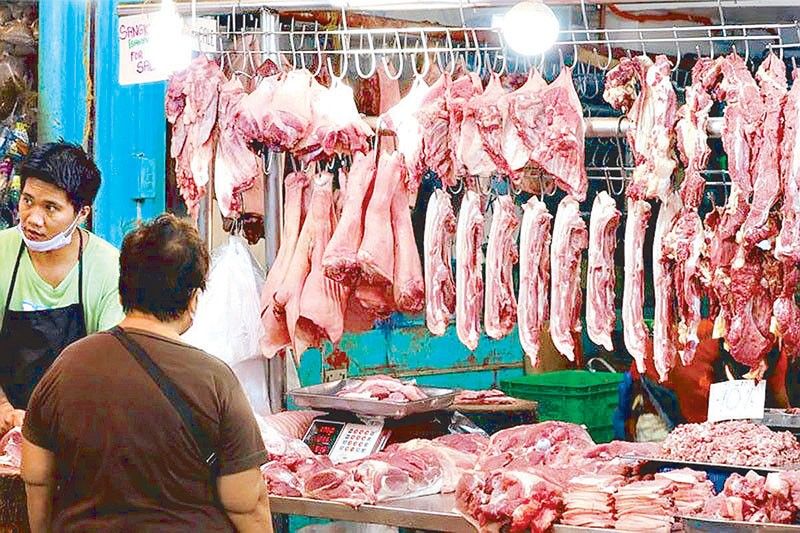Meat imports down amid high global prices, weak peso

MANILA, Philippines — Higher global meat prices and a weaker peso pulled down the country’s meat imports by 11 percent on an annual basis to a little over 1.2 million metric tons last year.
Based on latest Bureau of Animal Industry (BAI) data obtained by The STAR, total meat imports in 2023 declined by 152,000 MT to 1.204 million MT from the record volume of 1.356 million MT in 2022.
The double-digit decline in overall meat imports was caused by lower purchases of pork abroad, which fell by almost 17 percent on an annual basis.
Total pork imports in 2023 reached 591,888 MT versus the 710,362 MT recorded in 2022.
Meat Importers and Traders Association president emeritus Jesus Cham attributed the decline in pork imports to higher prices abroad and weaker appetite from the meat processing industry.
Cham also noted that the depreciation of the peso last year discouraged importers from bringing in more pork products as it led to higher landed costs.
“There is a great reduction in pork cuts and whole pork. Then there is the large importation of 2022, wherein some importers were hedging against a reversion of import duty from 15 percent to 30 percent,” Cham told The STAR.
“That did not happen. So, many importers became overstocked and took losses in storage costs as well as price reductions. This time, they appear to have been more cautious,” Cham added.
The country’s imports of key pork products, such as bellies, cuts and offal, all declined on an annual basis last year, based on BAI data.
The volume of pork cuts imported last year declined by 31 percent year-on-year to 215,266 MT while imports of bellies fell 8.94 percent on an annual basis to 74,913 MT.
Meanwhile, pork offal imports dropped by 3 percent to 211,004 MT from 217,546 MT.
The country’s chicken meat imports, however, grew by 3.8 percent to 426,619 MT from 411,069 MT driven by higher purchases of chicken cuts and leg quarters.
BAI data showed that imports of chicken leg quarters rose by more than a fifth to 124,893 MT last year from 102,686 MT in 2022.
Imports of mechanically deboned meat of chicken, a raw material used by meat processors, fell by 8.7 percent to 221,901 MT from 243,219 MT.
BAI data showed that imports of the following meat products rose on a yearly basis in 2023 as well: turkey (36.8 percent) and duck (95.7 percent).
Meanwhile, the imports of the following meat items declined on an annual basis: beef (-22.1 percent), buffalo meat (-18.2 percent) and lamb (-5.8 percent).
- Latest
- Trending



























